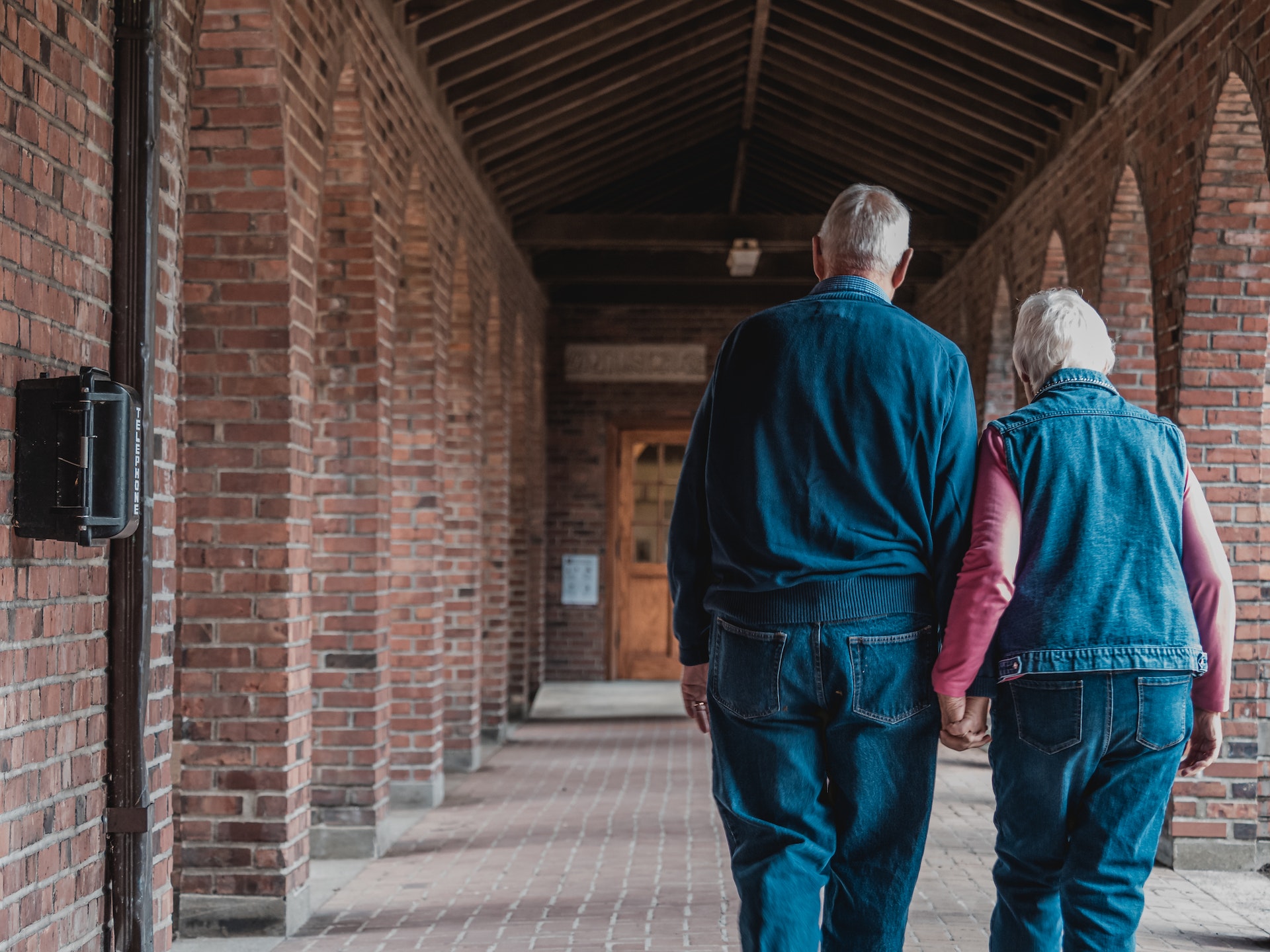5 Things Seniors Need to Know About Managing Elderly Mental Health. Roughly 20% of people over 55 have some type of mental health problem, according to the CDC. As you grow older, that risk increases. Things like depression, anxiety, cognitive impairment, and other mood disorders are serious concerns as you age.
Unlike much of the deterioration of your physical body as you age, elderly mental health can be treated or avoided if the right steps are taken.
So what problems can occur, and how can you avoid them, keep your mind sharp, and address your mental well-being before it becomes a problem? Here are 5 simple steps you can take to stem some of the common concerns.
1. Exercise Your Body
You already know how important exercise and physical activity is for your body, but it is equally as important for your mind.
When your body starts to break down, the mind isn’t far behind. Older people that don’t exercise report more depression symptoms. According to the CDC, things like a dance class, regular walks, or water aerobics can keep those at bay.
2. Stay Connected
A common cause of many mental health issues is the social isolation many elderly people experience. As it gets harder to get out and engage with people, many older people retreat into self-imposed loneliness.
The mental health disorders that can stem from this type of isolation range from depression to cognitive impairment.
Whether you’re meeting with friends, talking to them on the phone, or turning to technology and video calls, connect now and connect often. It is a crucial part of your ongoing need to care for your emotional and mental well-being.
3. Find a Hobby
Learning new things improves neuroplasticity in people of any age. Neuroplasticity can reverse signs of deterioration in your brain. And it is true what they say, you are never too old to learn a new skill.
Whether it is knitting, painting, or coding robots, find something that interests you and dive into it. Not only can learning a new hobby be mentally invigorating, but these hobbies can be fun activities for the elderly.
4. Play
Crosswords, word games, sudoku – these things keep you sharp and stimulated. A sedentary brain tends to wear down more quickly. Playing these games can, much like learning a new hobby, reactivate neural connections and reverse mental decline
A regular card game with friends can do this, too, and has the added benefit of regular social interaction.
5. Get a Pet
Caring for a pet can help older people with so many of the things on this list. If you are still capable of caring for one, consider finding a furry companion.
A pet can stem the effects of social isolation, will force you to learn as you train and care for your pet, and can provide you with a good reason to get out and walk every day.
Elderly Mental Health is No Joke
If you or someone you know and love is getting older, it is likely time to start thinking beyond how your body and mind might start to wear down. Elderly mental health is a serious concern in the healthcare field and it should be for you, too.
Continue to explore our lifestyle blog to read more useful, interesting, and important articles like this one.












